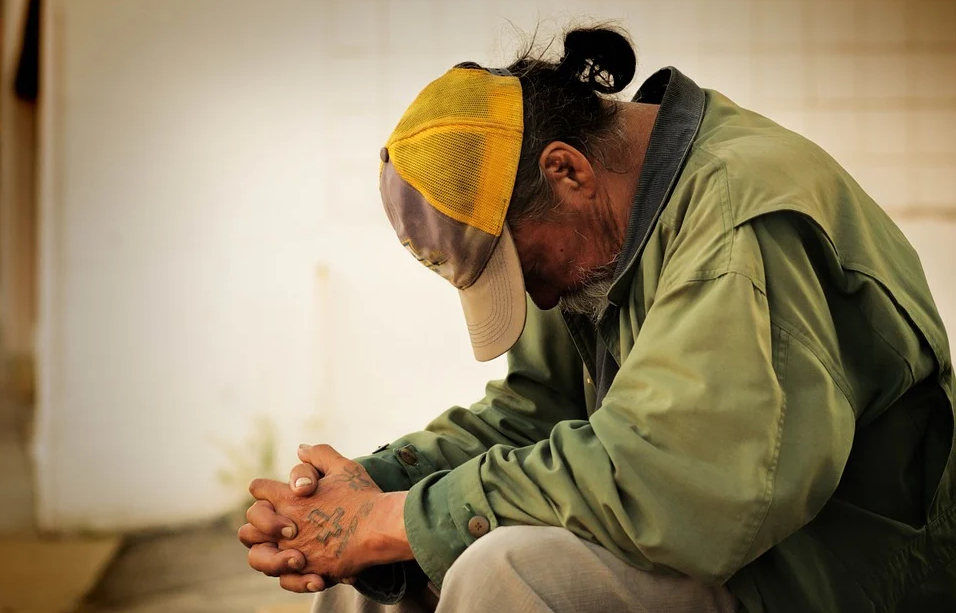
WORLD FOOD DAY

I’m one of the lucky ones. I’ve never had to worry about having enough food. Yet in the city where I live, food security is an issue for many people. In 2019, more than 39,000 people visited an emergency food bank program every month here. When you’re juggling monthly expenses like rent, childcare, prescriptions and a transit pass, there may not be much left in the budget for food.
Poverty is of course a major factor in all this. Being unemployed or working at a low-wage job without benefits means you can never get ahead financially. If you have kids, they are caught in the same cycle of never having enough to eat. That affects their health, their ability to learn, their future.
COVID-19 has helped raise awareness about this massive problem, which could be a silver lining to the pandemic. Now that we are all vulnerable, all living one day at a time in some ways, it’s easier to imagine how some of our neighbours have been living for years: feeling anxious, worrying about what’s going to happen to them, not sure where to get support when so many agencies are closed or have restrictions in place these days.
That’s why we need World Food Day: to raise awareness, encourage policy changes and work for a more food secure future for all.
The Food and Agriculture Organization (FAO) of the United Nations founded World Food Day in 1945. The day has been observed every year since 1981. Change seems slow, but we must remain engaged and hopeful, joining the chorus that calls for action. That can mean writing to our politicians at the local, provincial/territorial and national level, volunteering for or donating to our local food bank, reading about the issues involved, and praying for all those who struggle to put food on the table.
There’s always some good news on this front: for example, on October 9, the UN’s World Food Program (WFP) won the Nobel Peace Prize, which comes with a cash award of $1.5 million CDN. The agency’s work is crucial at all times, but COVID has made it even more essential: the WFP estimates that the pandemic could double hunger worldwide. This recognition from the Nobel Committee – there were over 300 nominees! – shines a light on the WFP’s important work. As executive director David Beasley said, “With all the wealth in the world today, no one should go to bed hungry, much less starve to death.”
Here are some hands-on resources to help you mark World Food Day:
- The World Food Day Canada website lists events happening across the country, activities for students, news and more.
- The FAO offers a communication toolkit, stories of food heroes, activity booklets for kids, and suggested actions you can take.
- The Pope’s World Food Day messages offer much food for thought from a Catholic perspective.
For Catholics around the world, World Food Day can be another moment to live out our call as disciples of Jesus. As the gospels tell us, he fed the hungry. He called for justice for the poor. He asked people to share what they had.
He asks us to do the same.
–Anne Louise Mahoney, Managing Editor, Novalis

